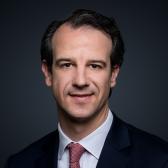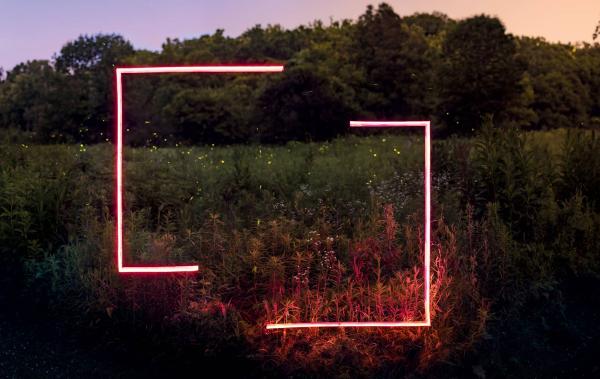We are pushing the boundaries of the circular economy
Responsible finance
We are pushing the boundaries of the circular economy
-
02 July 2024
-
Real Assets
-
Infrastructure
Reading time: 5 minutes
Why did you decide to invest in the circular economy?
Why did you decide to invest in the circular economy?
Daniel von der Schulenburg : We see the circular economy as a very attractive investment opportunity and a core part of our focus on sustainability. One of the key factors is the EU Waste Framework Directive, which requires increasing recovery of energy and materials from waste through incineration, digestion and recycling. This is an asset-intensive sector, with strong regulatory and political support and developing subsidy schemes, and one where operators have high visibility on earnings via longterm inflation-linked contracts with volume commitments. We see the resilience this provides, but also the opportunity for value creation. It makes it exactly the kind of infrastructure opportunity we look for.
Federica Vasquez : We see the circular economy as an important part of our overall focus on decarbonization and clean energy. It fits naturally alongside many other sectors we look at including renewable energy projects, hydrogen, energy efficiency, battery storage and so on. And Attero, which is our first circular economy investment, is among Europe’s most advanced players.
What sets Attero apart as a circular economy company?
What sets Attero apart as a circular economy company?
DvdS : It is a kind of template for the circular economy. Attero is the clear leader in waste management and the circular economy in the Netherlands, with an excellent management team and largest market share in energy-from-waste, treatment of organic waste, post-collection separation of plastics and processing of mineral waste. So, it can act as a one-stop-shop for its customers – no matter what kind of non-hazardous waste they generate.
FV : It is rare to find a company like this, with a fully circular model. Attero takes in organic and manmade waste, sorts it into different waste streams and processes them to generate energy and produce new raw materials that are fed back into the economy. It owns two of the four largest waste-to-energy plants in Europe, producing steam, heat and electricity through incineration. It converts organic waste into biogas, biomethane
and compost. Plastics are sorted and transformed into granulates that can be used to manufacture recycled plastic products, and debris and contaminated soil are recycled into reusable construction materials and clean soil.
What are the main growth opportunities you are targeting with Attero?
What are the main growth opportunities you are targeting with Attero?
-
1 million + tons
of organic waste per year is what Attero handles
-
1.1 Bcm
by 2030: that's the target for biomethane injected into the Dutch gas network
FV : There is a big opportunity to increase production of biomethane. Attero handles more than one million tons of organic waste a year but only a tiny fraction of it is being used to generate biomethane. The Netherlands is expected to set ambitious targets to increase the share of biomethane injected in its gas network to 1.1 Bcm by 2030 (vs 0.2 Bcm as of 2022). This is obviously driven by energy transition and climate change considerations, as well as by concerns about energy security following the invasion of Ukraine. Although gas and electricity prices have normalized, we expect them to remain structurally higher than in the past due to the switch from Russian gas to LNG imports. Attero and other biomethane producers should benefit from higher gas prices, along with rising demand for renewable gas, driven by Dutch government targets to replace coal by 2030. As a result, biomethane production is forecast to grow tenfold by 2030. Then when it comes to plastic recycling, there is strong demand for plastic granulates from clients who are looking to meet EU and Dutch recycled content quotas. This should support prices here as well.
Our acquisition of Dutch waste management and circular economy platform Attero will allow us to complement its generating assets with carbon capture, creating a carbonneutral model for waste-to-energy.
DvdS : Attero has also developed a very interesting growth plan, that we are supporting with our operating partners, for a carbon capture and storage (CCS) project at Attero’s waste-to-energy incinerator at Moerdijk. This plant currently emits more than 600 kilotons a year of fossil CO2 but the major investment we are planning, supported by the Dutch government, would be truly transformational: Moerdijk would be the country’s largest producers of carbon-neutral baseload energy, proving both heat and power 24/7.
When do you expect to start capturing and storing CO2 ?
When do you expect to start capturing and storing CO2 ?
FV : Construction should begin in 2025 and the plant will be operational by 2029. Once Moerdijk is progressed, Attero plans to do the same for a smaller facility at Wijster. Adding CCS will make these plants much more competitive in the long run and will also improve the public perception of incinerators.






